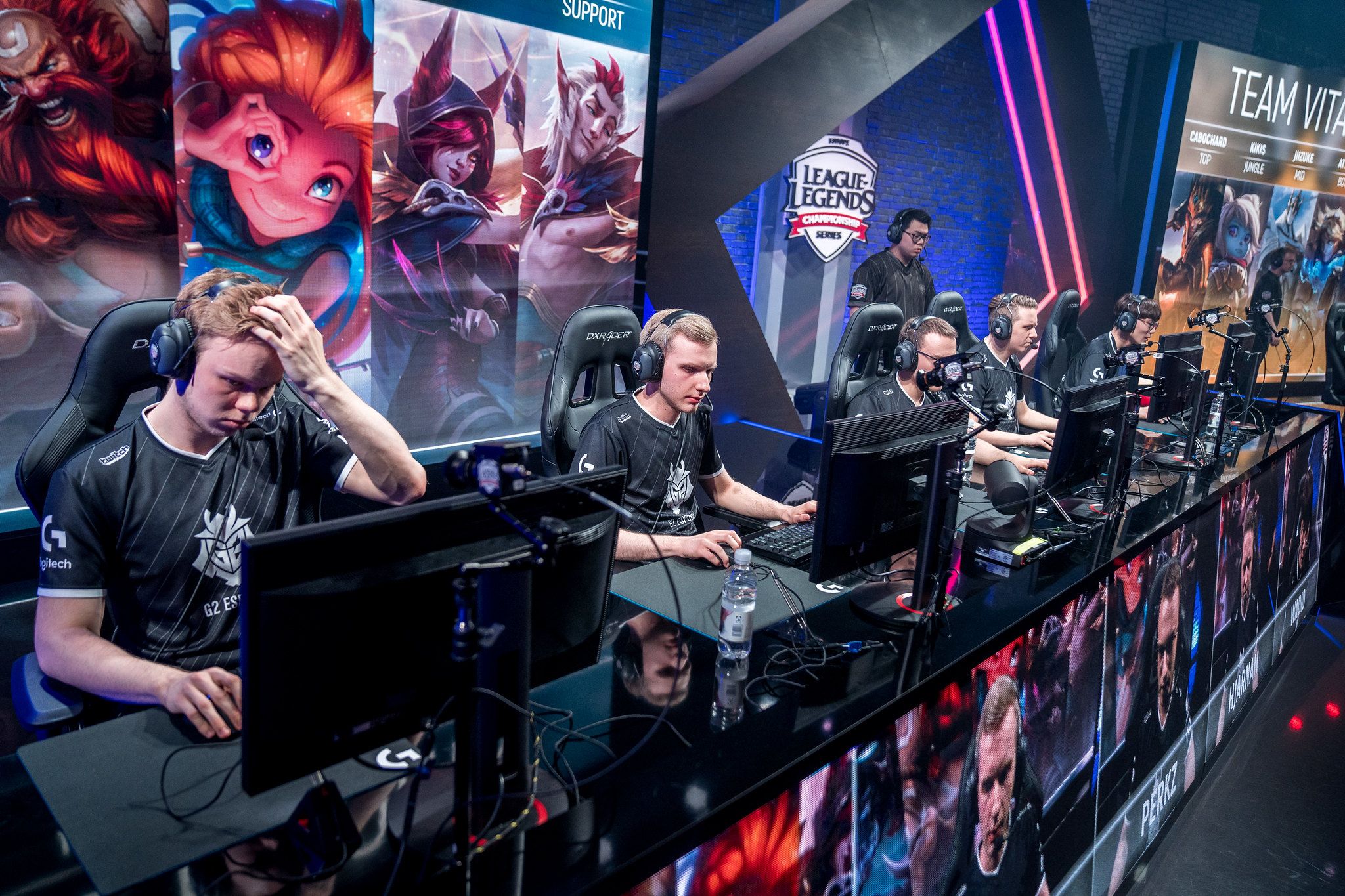In recent years, the rise of esports has significantly impacted traditional sports and entertainment industries. Esports, or electronic sports, refers to organized video game competitions where professional gamers compete against each other. What was once considered a niche market has now turned into a global phenomenon, attracting millions of viewers and generating revenue that rivals traditional sports. This article explores the impact of esports on traditional sports and entertainment, and how these industries are adapting to the changing landscape.
The Rise of Esports
Esports has experienced rapid growth over the past decade, with dedicated tournaments, professional teams, and massive prize pools becoming the norm. This surge in popularity can be attributed to several factors. Firstly, the accessibility of video games has allowed a wider audience to participate in competitive gaming. Unlike traditional sports that require physical prowess, esports allows anyone with a gaming device and an internet connection to compete at a high level. This inclusivity has attracted a diverse and passionate community of gamers.
Additionally, the advance of technology has greatly enhanced the overall gaming experience. With cutting-edge graphics, realistic gameplay, and immersive virtual reality experiences, video games have become more captivating than ever before. Esports has leveraged these advancements to create visually impressive and engaging tournaments that rival traditional sports events in terms of excitement and spectacle.
Cross-Pollination of Audiences
One of the notable impacts of esports on traditional sports and entertainment is the cross-pollination of audiences. A significant portion of esports viewers are also avid followers of traditional sports, and vice versa. This overlap has led to unique opportunities for collaboration and partnerships between the two industries. Traditional sports teams and organizations have started investing in esports, creating their own professional gaming divisions or acquiring existing esports teams. This convergence has allowed both industries to tap into each other’s fan bases, expanding their reach and increasing engagement.
A Shifting Media Landscape
Esports has disrupted the traditional media landscape. With the rise of online streaming platforms like Twitch and YouTube, esports tournaments are now easily accessible to global audiences. Viewers can watch their favorite teams compete in real-time, interact with other fans, and even support their favorite players through digital donations. This shift towards digital platforms has challenged traditional sports broadcasters, forcing them to adapt and evolve their strategies to remain relevant and competitive.
Furthermore, the increasing popularity of esports has led to the emergence of esports-specific media outlets, dedicated to providing the latest news, analysis, and coverage of competitive gaming. These outlets have gained considerable traction, attracting significant sponsorship deals and advertising revenue. This development signifies a shift in consumer preferences, as millennials and Generation Z, who are more likely to consume digital content, seek out esports-related coverage in addition to traditional sports news.
The Evolution of Live Events
Esports tournaments have revolutionized the concept of live events. Mega esports events now fill massive stadiums, with enthusiastic fans packing the arenas to cheer on their favorite teams. These events often include extravagant opening ceremonies, live music performances, and merchandising zones, creating an immersive experience that rivals traditional sports matches. The atmosphere and energy generated in these arenas are similar to sporting events, blurring the lines between esports and traditional sports entertainment.
The Rise of Esports Athletes
Esports has also given birth to a new breed of athletes. Professional gamers now train intensively, adhering to strict schedules, and participating in rigorous physical and mental exercises. Many esports players have become recognized and celebrated as athletes in their own right. This recognition has led to opportunities for endorsement deals, sponsorships, and increased mainstream media coverage. The acknowledgment of esports as a legitimate form of competitive sports has helped bridge the gap between traditional sports and esports.
Conclusion
The impact of esports on traditional sports and entertainment cannot be underestimated. Esports has not only attracted a new and engaged audience but has also forced traditional industries to adapt and evolve with the changing times. The cross-pollination of audiences, the shift in media consumption habits, the evolution of live events, and the rise of esports athletes are all testament to the growing influence of esports. As both industries continue to overlap and collaborate, it is evident that esports is reshaping the future of sports and entertainment for the better.


